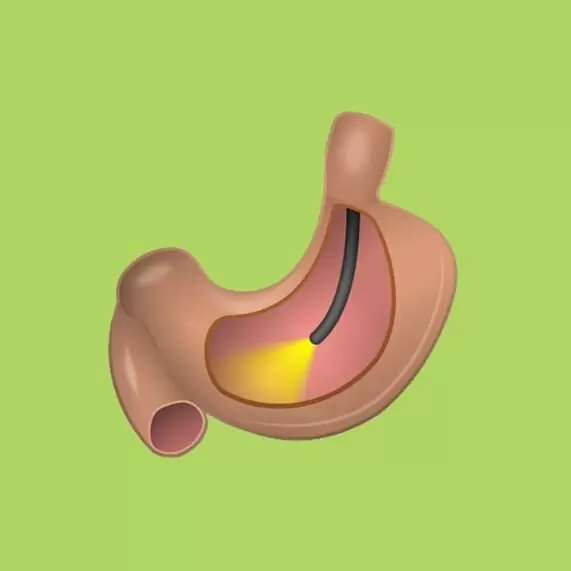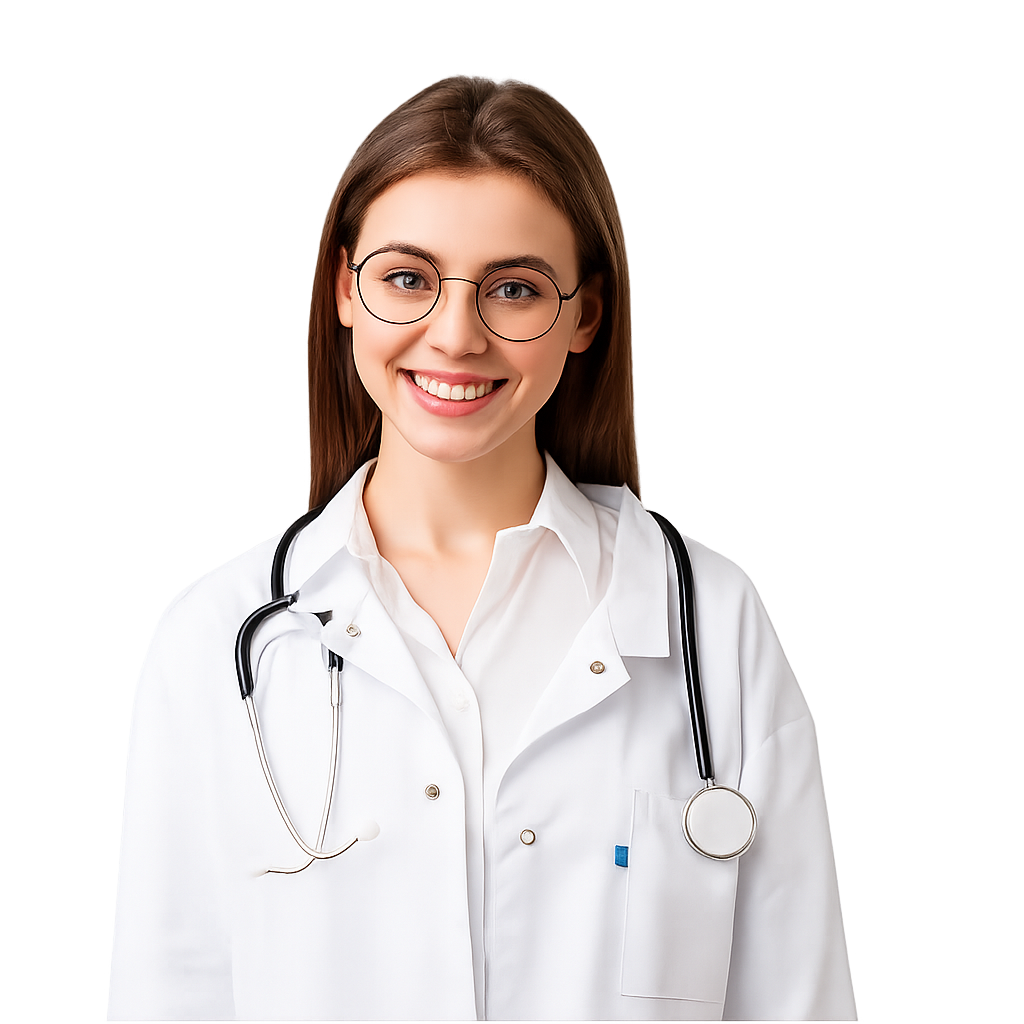За весь час роботи Універсальної клініки "Оберіг" було проведено 7 838 езофагогастродуоденоскопій (станом на 01.02.2017). У відділенні ендоскопії та малоінвазивної хірургії процедура гастроскопії починається з інформування пацієнта про особливості процедури, підготовки, відчуття під час і після процедури, можливі небезпеки та альтернативні методи діагностики, а також збору спеціальних відомостей (анамнезу) про стан здоров'я, алергічні реакції, перенесені захворювання та операції, дані попередніх досліджень . Пацієнт підписує згоду на проведення дослідження .
Дослідження полягає в огляді ротоглотки, стравоходу, шлунку, дванадцятипалої кишки відеоендоскопом з високою роздільною здатністю, при освітленні слизової оболонки білим світлом , в режимі вузькоспектрального освітлення ( NBI - хромоскопія), із застосуванням барвників для виявлення захворювань слизової оболонки ( хромоскопія ), точне множинне взяття зразків тканин для лабораторного дослідження (прецизійна політопна біопсія). Для дослідження на наявність інфекції хелікобактер пілорі (яка є частою причиною гострого і хронічного запалення шлунка і може викликати рак шлунка) ми використовуємо два методи: швидкий уреазний тест і морфологічне (лабораторне, під мікроскопом ) виявлення бактерії. Вся процедура записується в відеоархів .
Тривалість процедури не менше 20-30 хвилин, тому, для усунення дискомфорту, ми рекомендуємо виконання гастроскопії в стані «медикаментозного сну» - проведення ендоскопічного дослідження «уві сні» з високим рівнем знеболення. Таким чином, повністю виключаються будь-які неприємні відчуття під час процедури.
Якщо Ви вибрали проведення гастроскопії в стані « медикаментозного сну», напередодні процедури необхідна консультація лікаря-анестезіолога для оцінки загального стану за клінічними даними і даними додаткових досліджень (загального аналізу крові, глюкози крові, ЕКГ) . Для максимального забезпечення Вашої безпеки з'ясовується наявність супутніх захворювань (що іноді може вимагати додаткового обстеження) , алергічних реакцій на медичні препарати. Обов'язково заповнюється інформована добровільна згода пацієнта на проведення анестезії, де роз'яснюється її сутність , методика її проведення та можливі ризики.
Консультацію анестезіолога слід провести заздалегідь перед процедурою гастроскопії, бажано за 1-2 дні до обстеження. За цей час буде виконано призначене дообстеження і визначено тип анестезії. Якщо Ви плануєте провести консультацію та дослідження в один день (актуально для іногородніх пацієнтів) , приходьте натще і попередьте про Ваші плани співробітника реєстратури.
Сучасна анестезія в клініці « Оберіг» безпечна і проводиться досвідченими лікарями - анестезіологами під постійним моніторингом показників артеріального тиску і частоти пульсу , показника насиченості крові киснем , частоти дихання , реєстрації ЕКГ і подачі зволоженого кисню через носову канюлю . Для зручності введення анестезіологічних препаратів виконується катетеризація периферичної вени спеціальним катетером. Для проведення анестезії в нашій Клініці використовується найсучасніший анестетик - пропофол (діпріван) , який вводиться внутрішньовенно за допомогою спеціального дозуючого апарату - інфузомату .
Переваги сучасної амбулаторної анестезії в клініці «Оберіг»: точно контрольований час анестезії , відсутність слабкості і неприємних відчуттів після анестезії, швидке і повне пробудження, гарний настрій і самопочуття при виході зі стану «медикаментозного сну». Після проведення анестезії пацієнт не менше двох годин знаходиться під контролем анестезіолога, до повного відновлення, в комфортабельній палаті. Протягом доби після анестезії не рекомендується керувати транспортними засобами та обмежується виконання відповідальних дій.
Ви можете записатися на будь-який зручний для Вас час на консультацію лікаря-ендоскопіста, лікаря-анестезіолога та на процедуру гастроскопії по телефонах (044/099/073) 521 30 03 або на нашому сайті.





